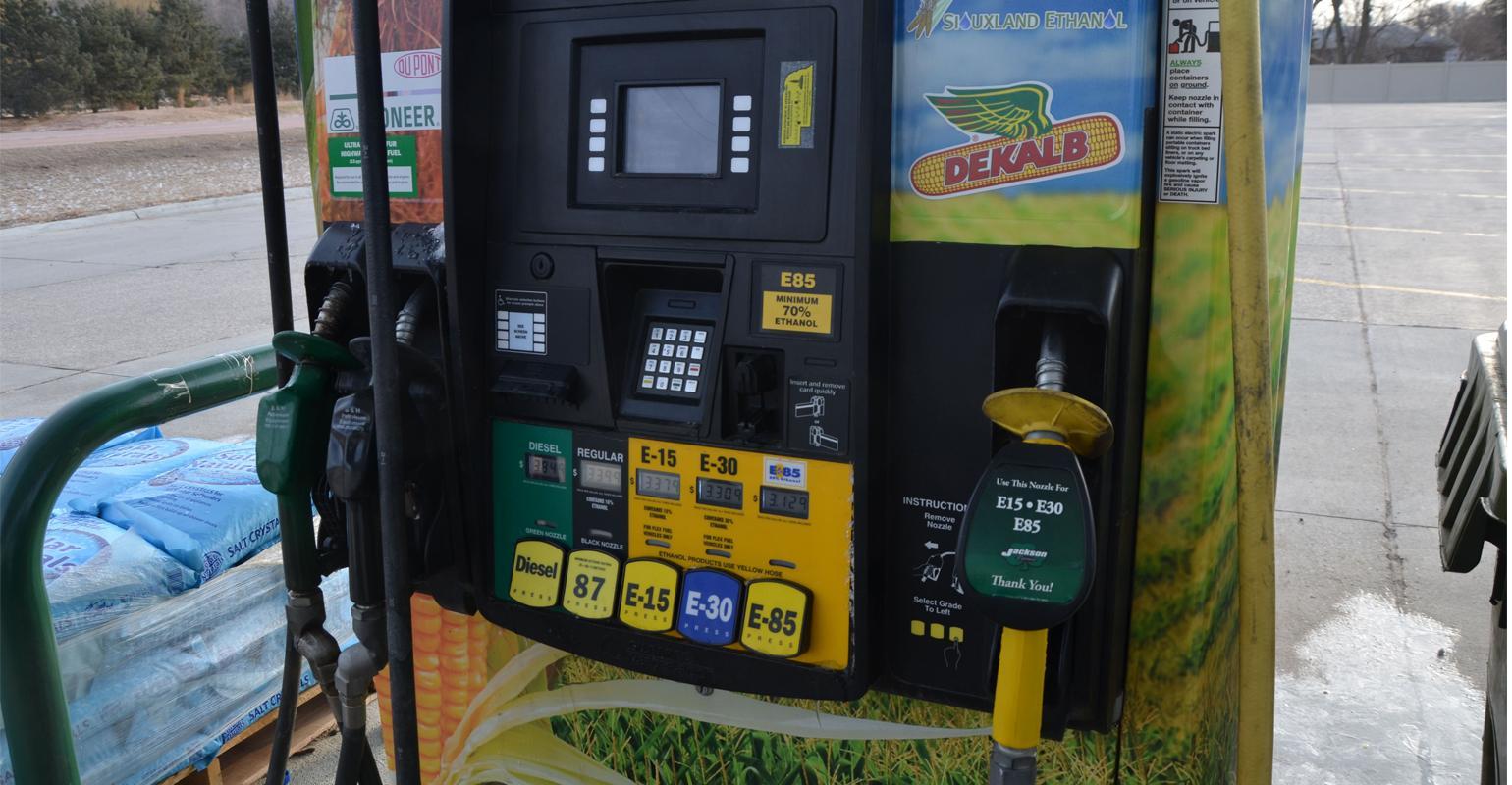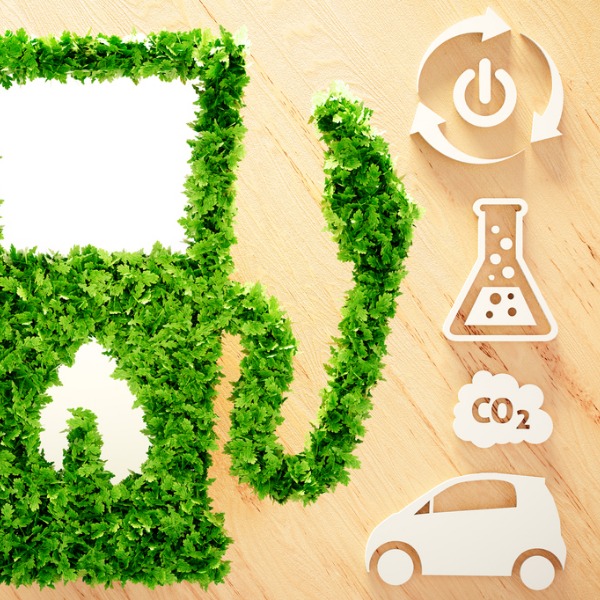The Pros & Cons Of Ethanol Fuel Mechanicbase

Ethanol Fuel Pros and Cons - CarsDirect New CarsNew Cars Search by Make Acura Alfa Romeo Aston Martin Audi Bentley BMW Buick Cadillac Chevrolet Chrysler Dodge Ferrari FIAT Ford Genesis GMC Honda Hyundai INFINITI Jaguar Jeep Kia Lamborghini Land Rover Lexus Lincoln Lotus Lucid Maserati Mazda McLaren Mercedes-Benz MINI Mitsubishi Nissan Polestar
Ethanol Fuel Pros and Cons List

Ethanol is a relatively low-cost alternative fuel that boasts less pollution and more availability compared to unblended petrol, but there are a number of benefits and drawbacks to this newer form of fuel. For environmental purposes, ethanol is less harmful than unblended petrol.
Ethanol Fireplaces Reviews

Ethanol has a lower energy content than energy-rich gasoline and diesel, and as such it delivers less power when burned. While this reduces power a little, it really means higher fuel consumption.
Ethanol Cars Pros And Cons carsjulll

In this blog post, we will explore the pros and cons of ethanol fuel and compare it to gasoline to determine if it lives up to the hype. Definition of Ethanol Fuel. Ethanol fuel is a type of biofuel made from renewable resources such as corn, sugarcane, and switchgrass. It is produced through a process of fermentation and distillation, which.
Pros and Cons of Ethanol in Gas AxleAddict A community of car

Ethanol is a renewable fuel made from various plant materials collectively known as " biomass ." More than 98% of U.S. gasoline contains ethanol to oxygenate the fuel. Typically, gasoline contains E10 (10% ethanol, 90% gasoline), which reduces air pollution. Ethanol is also available as E85 (or flex fuel), which can be used in flexible fuel.
The Pros and Cons of Ethanol Gas AOP Homeschooling
July 23, 2019 8.07 How does this align with my curriculum? Province/Territory Biofuels like ethanol might help fight climate change. But they can contribute to food insecurity and greenhouse gases in ways that might surprise you. We use energy every day. We use it to turn on lights, to heat our homes, and to power cars.
Pros and Cons of Ethanol Fuel HRF

Ethanol is a biofuel that is created through the fermentation of plants, especially sugarcane and corn. It is a renewable energy source that is made from living organisms, as well as other biological elements like algae and manure. However, although the fuel is a renewable resource, we require energy to produce it.
What are the Pros and Cons of Ethanol Biofuel? Let's Talk Science

3. Engine/Fuel System Protection Ethanol has been known to cause damage to the engine and fuel system, while gasoline helps protect these vital components. With ethanol, you need to worry about fuel separation and water contamination, because ethanol absorbs and attracts water.
Ethanol Cars Pros And Cons carsjulll

Ethanol Pros: Reduces demand for foreign oil, low emissions, high octane, and can potentially be produced from waste materials; existing cars can use 10-percent blends (called E10), and more.
26 Main Pros & Cons Of Biofuels E&C

Ethanol has both pros and cons as a renewable fuel source. While it is renewable, domestically produced, and produces fewer greenhouse gas emissions than non-renewable sources of energy, it is less energy-dense, expensive to produce, and can have negative impacts on the environment.
What Is E15 Unleaded Gasoline? The Fuel's Pros and Cons

Pros and Cons of Ethanol in Gas Chris Andrews Updated: Sep 6, 2023 11:59 AM EDT The average ethanol content of American gasoline was more than 10% in 2021. What Is Ethanol? Ethanol, ethyl alcohol, is the same type of alcohol that is found in an alcoholic drink. It's often used in motor vehicle gasoline as an additive.
Digital Green Revolution Evolving the Food vs (Bio)Fuel Debate

The Pros and Cons of Ethanol Fuel. View Article Sources. Lark, Tyler J., et al. "Environmental Outcomes of the US Renewable Fuel Standard."
TVS Zeppelin 220cc Ethanol Fuel Pros & Cons YouTube

Ethanol is a renewable, domestically produced alcohol fuel made from plant material, such as corn, sugar cane, or grasses. Using ethanol can reduce oil dependence and greenhouse gas (GHG) emissions. Ethanol fuel use in the U.S. has increased dramatically from about 1.7 billion gallons in 2001 to about 14 billion in 2022. 1.
Ethanol Fuel Pros, Cons and the Cost of Production
/109760229-56a2ace45f9b58b7d0cd4c47.jpg)
1. It is proven to reduce combustion emissions. When compared to a fuel that is based on petroleum, such as gasoline, ethanol is able to reduce GHG emissions very effectively. For some vehicles, a reduction of up to 29% may occur for every mile traveled. Spills are less of a problem with this fuel as well.
Costs and benefits of fuelethanol production Download Scientific Diagram

Ethanol Benefits and Considerations. Ethanol is a renewable, domestically produced transportation fuel. Whether used in low-level blends, such as E10 (10% ethanol, 90% gasoline), E15 (10.5% to 15% ethanol), or E85 (flex fuel)—a gasoline-ethanol blend containing 51% to 83% ethanol, depending on geography and season—ethanol helps reduce emissions. . Like any alternative fuel, the use of.
Плюсы и минусы биотоплива teacherhistory.ru
:max_bytes(150000):strip_icc()/177680720-56a2ad2a3df78cf77278b56e.jpg)
Ethanol, which is sometimes known as ethyl alcohol, is a kind of alcohol derived from corn, sugarcane, and grain or indirectly from paper waste. It's also the main type of alcohol in alcoholic beverages obtained as a result of fermentation of a mash of grains (gin, vodka, and whiskey) or sugarcane (rums).